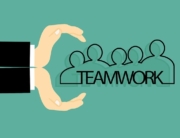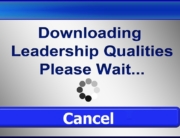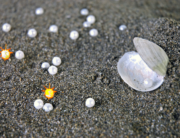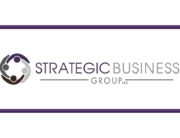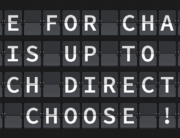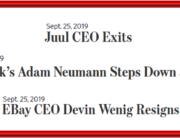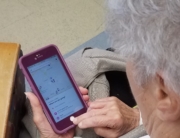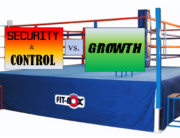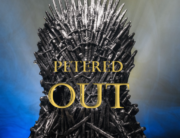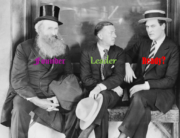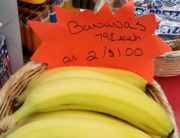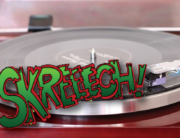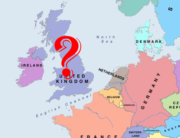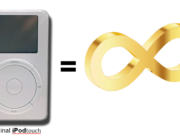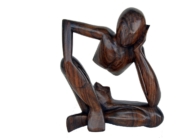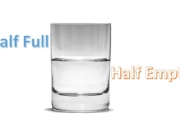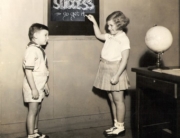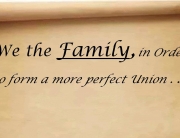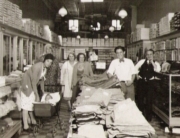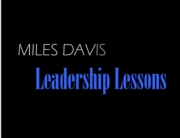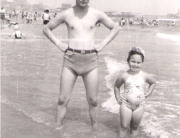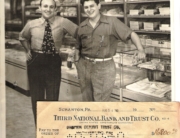The pandemic gave us a new variety of cheese. How this new variety came about offers us a Lesson Found on innovation.
Producing French munster is a laborious process that requires regular brine washings for a month or longer. (French munster is not to be confused with its less pungent American cousin, muenster cheese.) During France’s first lockdown, one farmer neglected to keep up with this process for 60 wheels of cheese. When he returned four weeks later, the cheese looked and tasted different. The farmer noted that the cheese had “taken the flora from the cave to give a taste we have never had before.” Seeing an opportunity, the farmer is selling the cheese appropriately branded as Le Confiné and is processing new batches for sale.
Much has been said about how a business’ adaptability will determine how the company endures through the pandemic or if it thrives into the “new normal”. Not everyone understands this. One owner told me he expected everything to “go back to normal” when the pandemic passed. What he doesn’t realize is how many of the changes we’re experiencing now were in process before 2020. The pandemic circumstances just accelerated these changes. In reality, the “new normal” is, and always has been, the result of constant change. The Lesson Found is that we, as CEOs and Business Owners, need to be constantly innovating to stay ahead of that curve in order to maintain our competitive advantage and thrive into the future.
“Do not fear mistakes. You will know failure. Continue to reach out.” Ben Franklin
One major barrier to innovation is the fear of mistakes and failures. Poor results from innovation should not thought of as failure. Rather, they provided lessons found for how to improve your next innovation. That said, owners should not haphazardly rush into game-changing innovations. Innovations should be well planned to maximize their potential without taking undue risk. Some questions to consider include: How much do you invest? How will the innovation affect your other products and/or services? How and when will you know if the innovation is a success or if you need to pull the plug on it?
How you go about answering these questions determines the viability of the innovation. Of course, owners should turn to your internal team for input since they understand your business and market best. But how that change directly impacts them often clouds their judgement. It is best to supplement your team’s responses with unbiased input from others who truly understand your perspective as the owner. That is why I have formed The Small Business Forum (SBF), a peer advisory group for CEOs and business owners who understand that working together results in making better decisions than any one of us might do individually.
Curious if the SBF Peer Advisory Group could help you make even better decisions? Connect with me for a short, no obligation conversation via email or phone (717-439-6254). Know a CEO or business owner who could benefit from working with their peers? Show you understand their needs and share this post with them.













